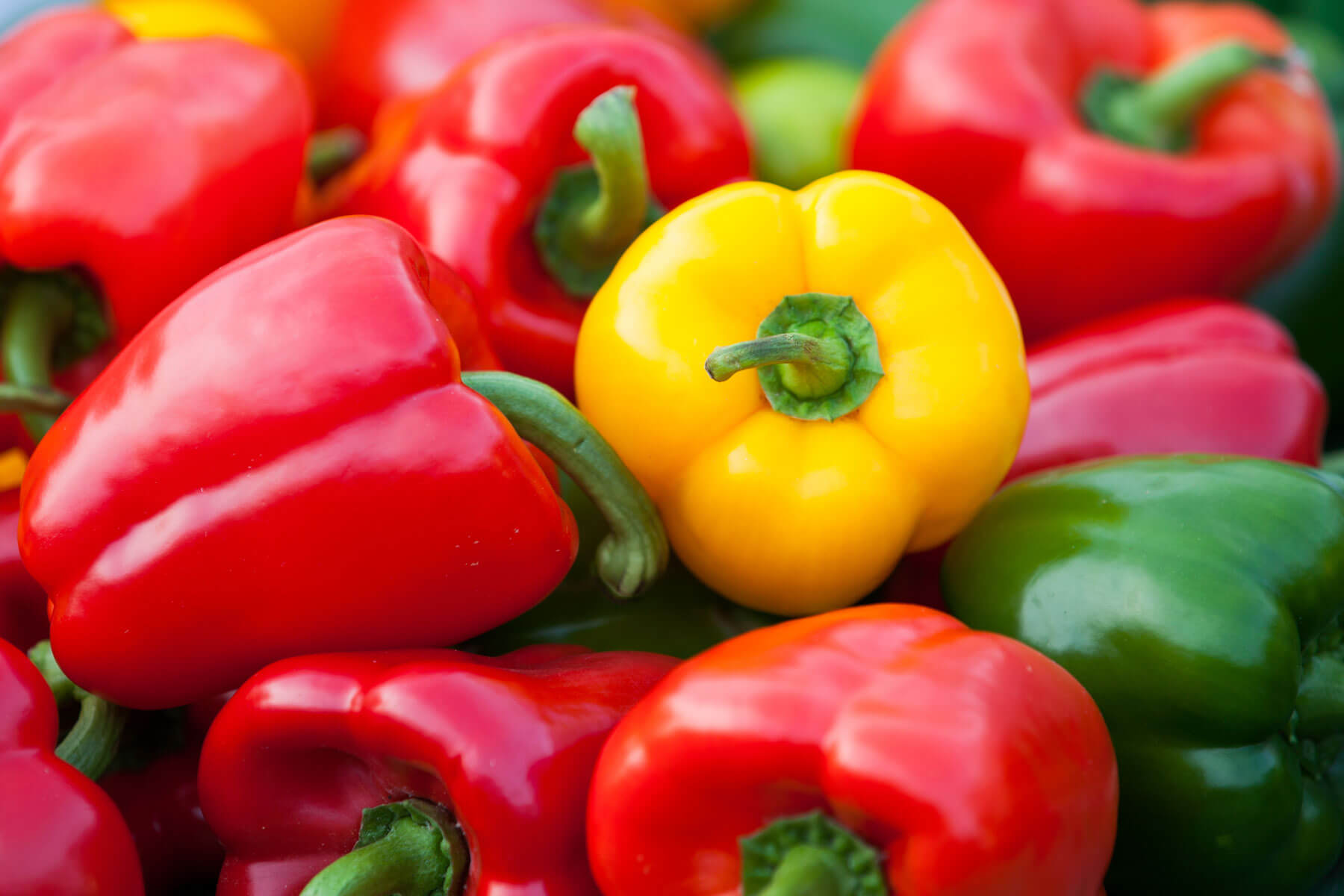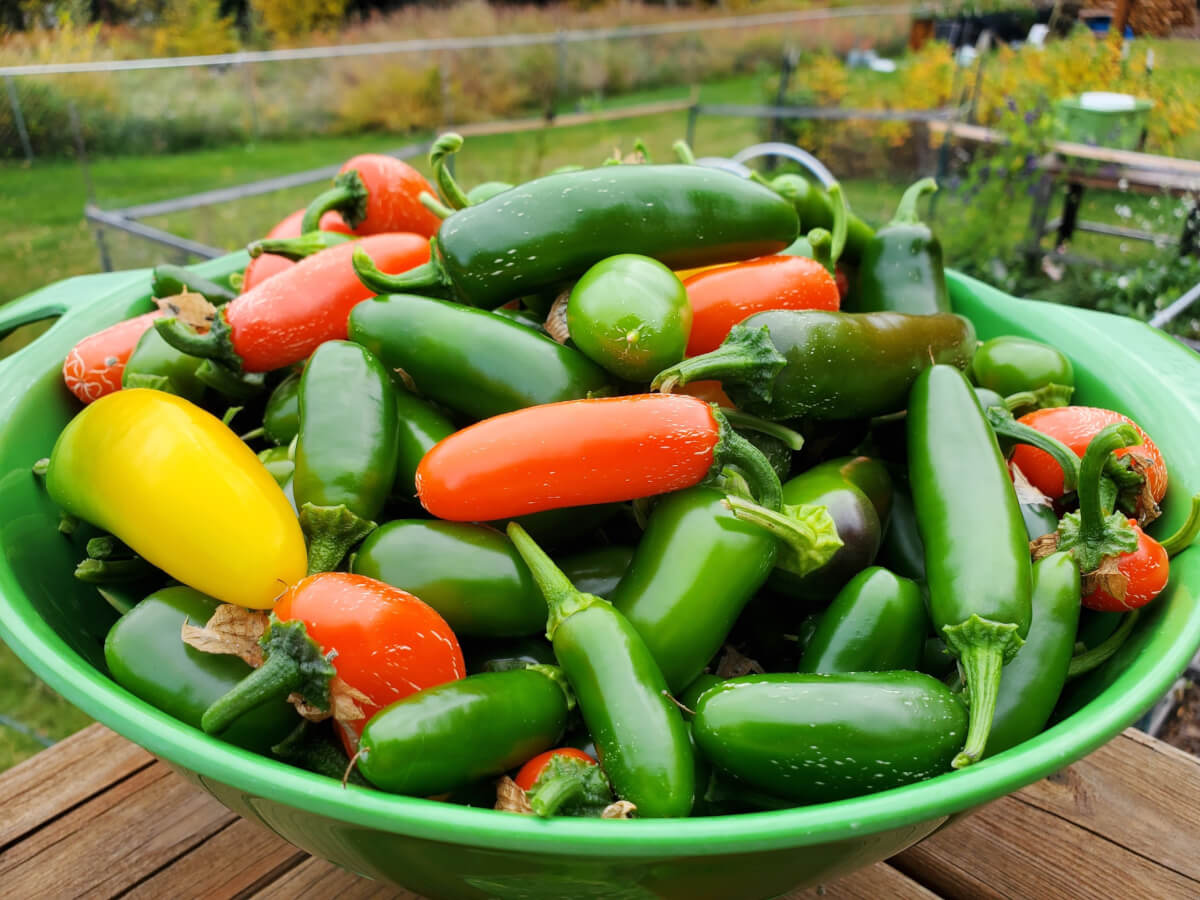Best Fertilizers for Peppers: Make Best Use Of Plant Health and Yield
Best Fertilizers for Peppers: Make Best Use Of Plant Health and Yield
Blog Article
Organic Vs. Synthetic Fertilizers: Which Is Best for Supporting Healthy And Balanced Pepper Plants?
In the world of nurturing healthy and balanced pepper plants, the option between organic and artificial fertilizers stands as a critical decision with far-ranging ramifications. While both alternatives purpose to offer important nutrients to sustain plant growth, the nuances of their effect on the soil, plant health, and the environment stimulate a discussion that mirrors throughout the horticulture area. Understanding the unique benefits and potential risks of each fertilizer type is essential for pepper farmers seeking to maximize their returns while keeping a lasting and eco-conscious technique.
Benefits of Organic Fertilizers
Organic fertilizers provide a lasting and environmentally-friendly method to nourishing pepper plants, providing necessary nutrients without using synthetic chemicals. These natural plant foods are stemmed from organic sources such as garden compost, manure, bone meal, and algae, promoting dirt wellness and biodiversity. Unlike synthetic fertilizers, natural alternatives release nutrients gradually, making certain a constant and well balanced supply for pepper plants to flourish.
One considerable benefit of organic fertilizers is their capacity to boost dirt framework and water retention. By boosting dirt health and wellness, organic fertilizers promote beneficial microbial task, which aids in nutrient uptake by pepper plants. Additionally, natural plant foods decrease the threat of chemical run-off, shielding water resources from contamination and guarding the setting.
Furthermore, natural fertilizers add to lasting soil fertility by promoting the development of helpful soil microorganisms. These organisms aid damage down natural matter, releasing nutrients in a type that is quickly available to pepper plants. best fertilizers for peppers. By promoting a healthy and balanced soil environment, natural fertilizers sustain sustainable pepper growing techniques that benefit both plants and the setting
Downsides of Synthetic Plant Foods
Synthetic plant foods, in comparison to their natural counterparts, pose various negative aspects when used to nurture pepper plants, influencing both plant wellness and ecological sustainability. One major drawback of synthetic fertilizers is their tendency to seep nutrients from the dirt promptly.
Moreover, the overuse of synthetic fertilizers can contribute to water contamination. Excess fertilizers not taken in by plants can clean away into water bodies, leading to eutrophication, where algae flowers diminish oxygen degrees in the water, harming aquatic life. Additionally, artificial fertilizers are commonly obtained from non-renewable resources, such as nonrenewable fuel sources, adding to carbon discharges and ecological deterioration during their manufacturing.
Nutrient Absorption Contrast
When contrasting synthetic and natural fertilizers in terms of nutrient absorption, organic fertilizers have the benefit of giving an extra balanced and slow-release resource of nutrients. Organic plant foods consist of a selection of macro and micronutrients that are not only useful for the plants yet also promote healthy and balanced soil microbial task, which assists in nutrient uptake.
Moreover, natural fertilizers improve dirt framework and water retention ability, allowing pepper plants to accessibility nutrients more efficiently. This better dirt top quality facilitates origin growth, making it possible for much better nutrient absorption. Synthetic fertilizers, although at first boosting plant development as a result of their high nutrient focus, may impede long-lasting nutrient absorption by derogatory dirt health gradually.
Ecological Effect Factors To Consider

On the other hand, synthetic fertilizers, although usually even more focused and immediately readily available to plants, can have destructive effects on the setting if not used properly (best fertilizers for peppers). Their manufacturing calls for high power inputs, causing greenhouse gas exhausts and adding to climate change. The overflow of excess synthetic fertilizers can infect water resources, leading to eutrophication and damaging water communities.
Best Plant Food Practices for Peppers
To achieve this, it is necessary to comply with ideal plant food techniques customized Learn More to the details requirements of pepper plants. One essential method is to do a dirt examination prior to applying any fertilizers.
One more important practice is to fertilize pepper plants at the correct time. Typically, peppers gain from getting fertilizer at growing and then once more when they start to blossom. Over-fertilizing can cause nutrient discrepancies and damage the plants, so it is important to follow suggested application rates.
Furthermore, selecting a balanced plant food with an NPK proportion that matches pepper plants' requirements is fundamental. Organic plant foods, such as compost or manure, can be superb selections as they release nutrients gradually and boost dirt framework over time. Nevertheless, artificial fertilizers can give a quick nutrient boost when required. Inevitably, integrating synthetic and organic plant foods sensibly can help support healthy and balanced pepper plants while lessening environmental effect.
Final Thought

Organic plant foods provide an environmentally-friendly and sustainable method to beneficial pepper plants, giving important nutrients without the usage of artificial chemicals. Unlike artificial fertilizers, organic alternatives launch nutrients gradually, making sure a balanced and constant supply for pepper plants to flourish.
Artificial plant foods, in comparison to their organic equivalents, posture different disadvantages when used to nourish pepper plants, influencing both plant health and ecological look here sustainability. When contrasting natural and artificial plant foods in terms of nutrient absorption, natural fertilizers have the advantage of giving a much more well balanced and slow-release source of nutrients.Additionally, natural plant foods boost soil structure and water retention capability, allowing pepper plants to access nutrients extra effectively.
Report this page